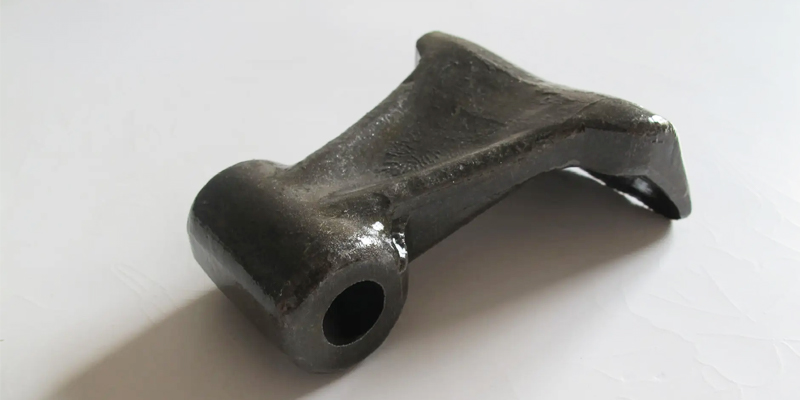- Contact Innally, Let you purchase forgings in China more favorable prices, products more assured!
- Hotline:+(86)15038323776 Email:innally@innally.com
Application and development trend of precision forgings in automobile industry
- Category: Aluminium alloy forging, Automotive forgings
- |
- Date: 22/08/2023
Through continuous efforts to optimize process technology, improve product quality and innovative material applications, precision forgings will bring more innovative breakthroughs and market competitiveness to the automotive manufacturing industry, and promote the automotive industry to a higher level of development.
- Can be customized on demand
Product Details
With the continuous development of the automobile industry, precision forgings, as one of the key technologies of automobile parts manufacturing, are being paid more and more attention. This paper will discuss the importance of precision forgings in the field of automobile manufacturing from the application examples in the automobile industry, and look forward to its future development trend.
As a traditional metal forming processing method, precision forging has been widely used in the automobile industry. It produces parts with complex shapes and precise dimensions by compressing, deforming and plastic flow of metal materials at a certain temperature. With the characteristics of high strength, high reliability and low cost, it is widely used in the manufacture of key components such as engines, chassis and suspension systems.

Application example:
Engine block: Precision forgings enable the manufacture of complex, thin-walled engine block structures to provide better heat dissipation and compression resistance while reducing vehicle weight. Wheel hub: The wheel hub manufactured by the precision forging process has higher strength and rigidity, which can improve the handling performance and driving stability of the vehicle.
Crankshaft: Precision forgings can achieve high-precision forming of the crankshaft and improve the efficiency and power output performance of the rotor system. Gear: Gears made of precision forgings have high transmission efficiency and wear resistance, improving the reliability and smoothness of automotive transmission systems.
Development trend: Material innovation: In the future, precision forgings will use more advanced materials, such as high-strength steel, aluminum alloy, composite materials, etc., to improve the strength and lightweight effect of parts.
Technical intelligence: With the development of artificial intelligence and automation technology, precision forging will be more intelligent and automated, improving production efficiency and product quality. Fine machining technology: Through the introduction of CNC machining, laser technology, surface strengthening and other advanced technology, to further improve the dimensional accuracy and surface quality of precision forgings.
Environmental protection and sustainable: Precision forgings in the production process will pay more attention to environmental protection and sustainable development, reduce waste and energy consumption.
Precision forgings have wide application prospect and development potential in automobile industry. Through continuous efforts to optimize process technology, improve product quality and innovative material applications, precision forgings will bring more innovative breakthroughs and market competitiveness to the automotive manufacturing industry, and promote the automotive industry to a higher level of development.
nannan
INNALLY mainly provides you with various types of cast and forged parts products. Welcome your inquiries! innally@innally.com
Related Products
Search
Forging center
- Steel forgings
- Aluminium alloy forging
- Titanium alloy forging
- Stainless steel forging
- Copper forging
- Automotive forgings
- Locomotive forging
- Bicycle forgings
- Motorcycle forging
- Rigging and fasteners
- Bearing forging
- Electric power fittings
- Marine forging
- Mechanical forgings for metalworking
- Mining machinery forgings
- Marine engineering forgings
- Construction machinery forgings
Popular product

© 2025. All Rights Reserved.






